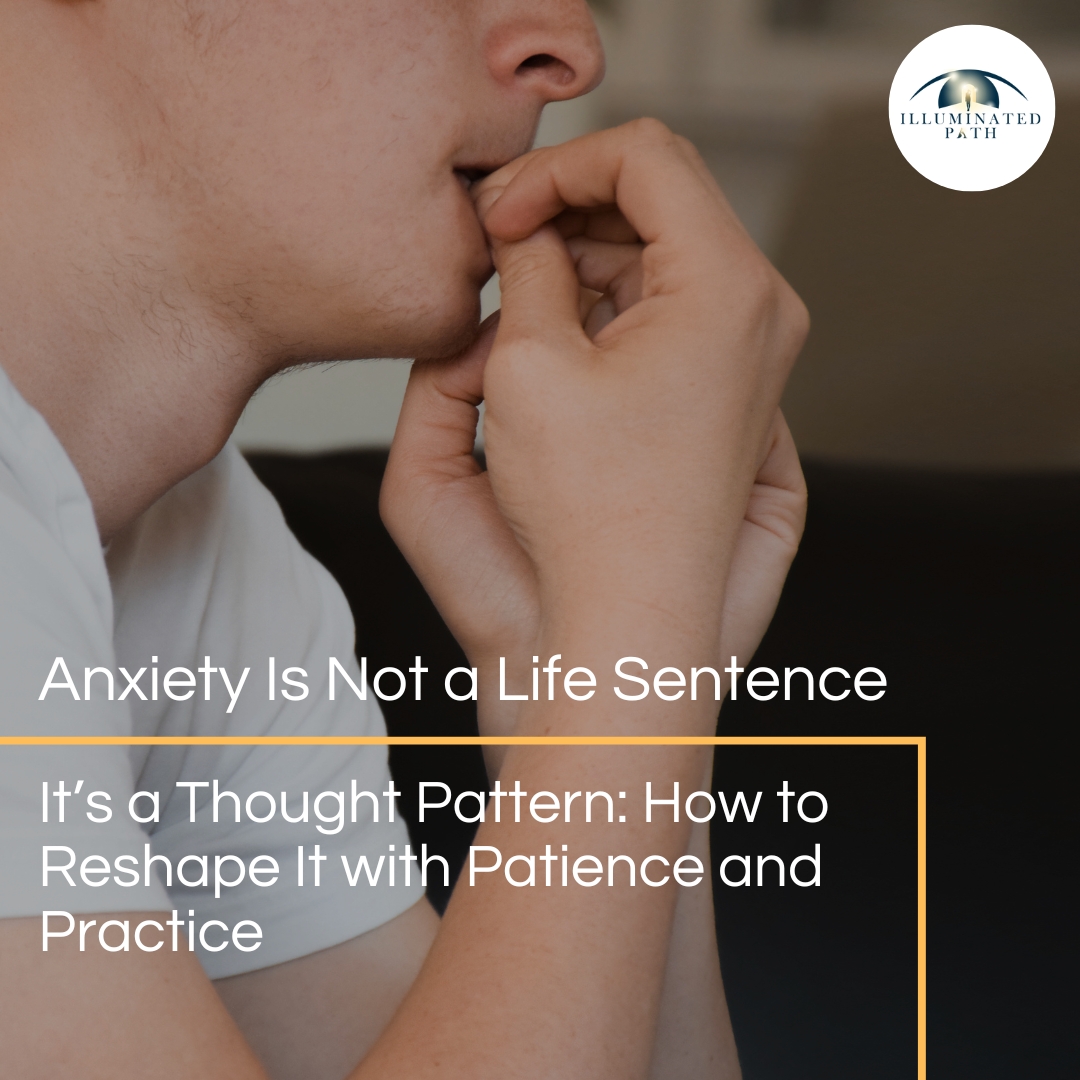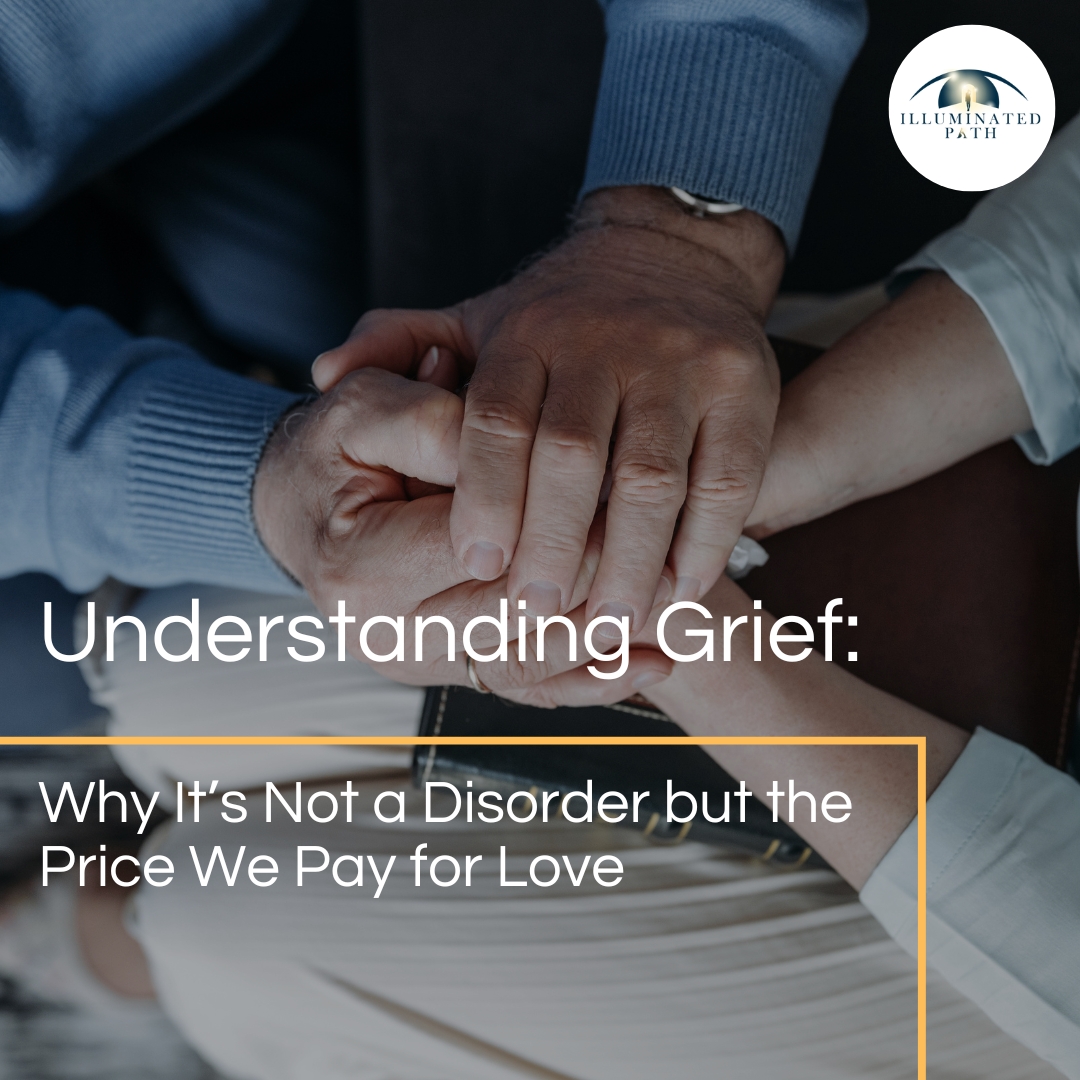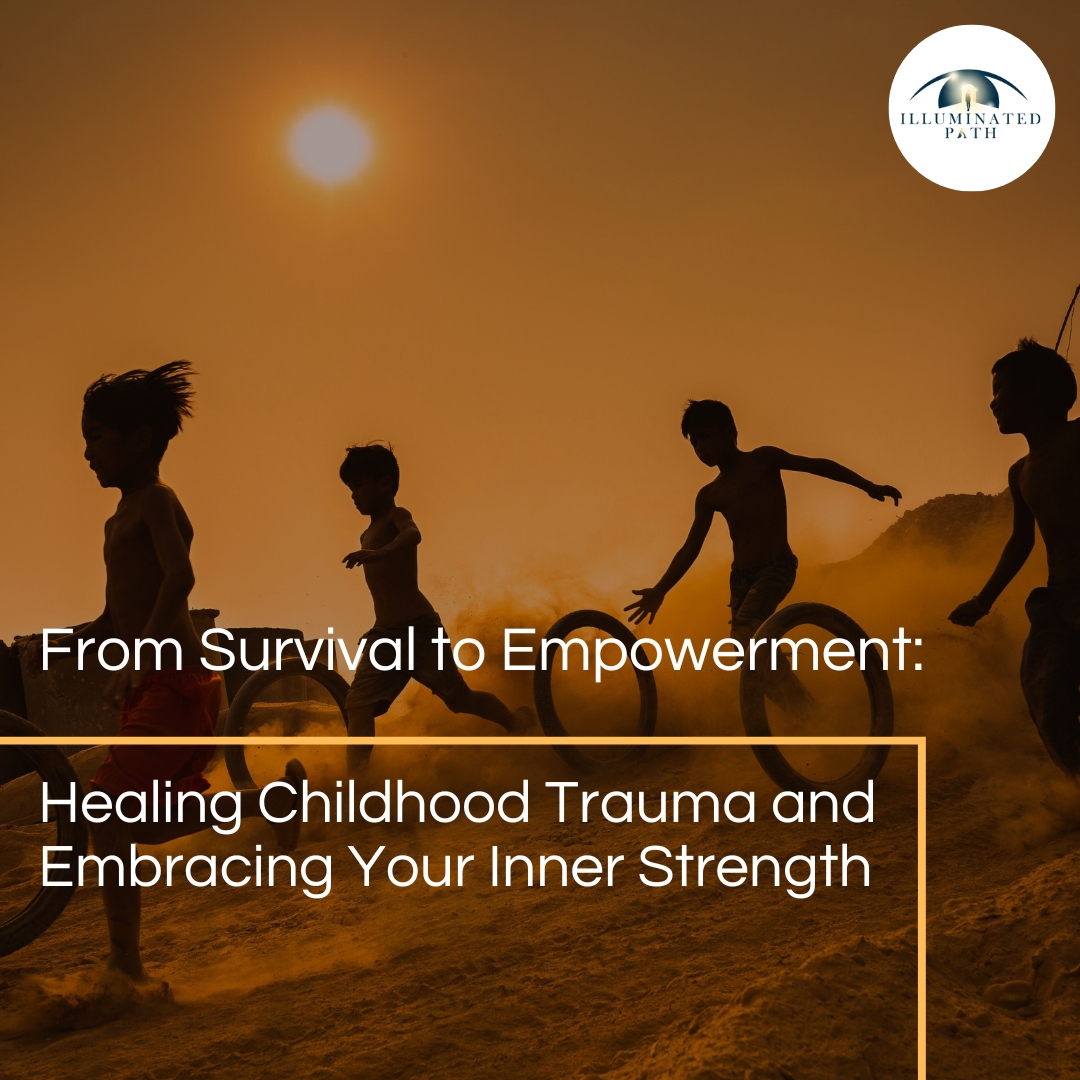
Marriage, a journey filled with love, laughter, and shared dreams, can also be a rollercoaster ride of challenges, disagreements, and unexpected hurdles. While every couple faces bumps along the road, sometimes those bumps become mountains, leaving you feeling lost, disconnected, and unsure of how to navigate the path forward.
If you find yourself relating to this, you’re not alone. Many couples reach a point where they wonder, “Is marriage counseling right for us?”
This article delves into the benefits of marriage counseling, explores common reasons couples seek help, and offers a checklist of red flags that indicate professional support could be beneficial.
The Power of Professional Guidance
Marriage counseling, also known as couples therapy, provides a safe and supportive space for couples to address challenges, improve communication, and strengthen their bond. Think of it as a tune-up for your relationship, guided by a trained professional who can offer objective insights and evidence-based tools.
Here’s how marriage counseling can help:
- Improved Communication: A skilled therapist can help you identify communication patterns that are hindering your relationship and teach you healthier ways to express your needs and resolve conflicts.
- Increased Empathy and Understanding: Counseling fosters a deeper understanding of each other’s perspectives, emotions, and underlying needs, leading to increased empathy and compassion.
- Rebuilding Trust: If trust has been broken due to infidelity, betrayal, or other issues, therapy can provide a framework for rebuilding trust through honesty, accountability, and forgiveness.
- Conflict Resolution Skills: Learn effective strategies for managing disagreements constructively, finding common ground, and reaching mutually satisfying solutions.
- Rekindling Intimacy: Therapy can help you address issues that are affecting your emotional and physical intimacy, reigniting the spark and deepening your connection.
- Navigating Life Transitions: Whether it’s adjusting to parenthood, dealing with a career change, or coping with aging parents, counseling can provide support and guidance during significant life transitions.
But does marriage counseling work?
Research suggests that it can be highly effective. A study published in the Journal of Consulting and Clinical Psychology found that 70% of couples who participated in marriage counseling reported significant improvements in their relationship satisfaction. (Baucom, D. H., Shoham, V., Mueser, K. T., Daiuto, A. D., & Stickle, T. R. (1998). Empirically supported couple and family interventions for marital distress and adult mental health problems. Journal of Consulting and Clinical Psychology, 66(1), 53-88.)
Why Do Couples Seek Marriage Counseling?
Couples seek counseling for a wide range of reasons, and there’s no “one size fits all” answer. Here are some of the most common issues that bring couples to therapy:
- Communication Problems: Difficulty expressing needs, constant arguing, feeling unheard or misunderstood.
- Infidelity: Dealing with the aftermath of an affair, rebuilding trust, and addressing underlying issues.
- Loss of Intimacy: Decreased emotional and/or physical connection, lack of affection, feeling distant.
- Financial Stress: Disagreements about money management, differing financial goals, financial infidelity.
- Parenting Conflicts: Differing parenting styles, disagreements about discipline, challenges with blended families.
- Life Transitions: Adjusting to major life changes such as marriage, parenthood, empty nest, retirement, or illness.
- Mental Health Concerns: Dealing with depression, anxiety, trauma, or other mental health challenges that are impacting the relationship.
- Substance Abuse: Addressing the impact of addiction on the relationship and supporting recovery.
It’s important to remember that seeking help is a sign of strength, not weakness. It shows a commitment to your relationship and a willingness to invest in its future.
Red Flags: Is it Time to Consider Counseling?
While every relationship has its ups and downs, certain warning signs may indicate that professional help is needed. Here’s a checklist of red flags to consider:
Communication and Conflict:
- Constant Arguing: Frequent disagreements that escalate quickly and rarely reach a resolution.
- Stonewalling or Withdrawal: One or both partners shut down during conflict, refusing to communicate or engage.
- Criticism and Contempt: Regularly expressing criticism, sarcasm, or hostility towards each other.
- Defensiveness: Inability to take responsibility for actions or acknowledge the other person’s perspective.
Emotional Connection:
- Feeling Distant and Disconnected: Lack of emotional intimacy, feeling like roommates rather than partners.
- Loss of Affection: Decreased physical touch, lack of intimacy, and expressions of love.
- Lack of Trust: Suspicion, jealousy, or difficulty believing each other.
- Feeling Lonely in the Relationship: Experiencing a sense of isolation and lack of support from your partner.
Behavioral Patterns:
- Considering or Threatening Separation/Divorce: Frequently discussing or thinking about ending the relationship.
- Infidelity (Emotional or Physical): Engaging in intimate relationships outside of the marriage.
- Substance Abuse: Using drugs or alcohol to cope with relationship problems.
- Domestic Violence (Physical, Emotional, or Verbal): Any form of abuse is unacceptable and requires immediate professional intervention.
If you recognize several of these red flags in your relationship, it’s crucial to seek help sooner rather than later. The longer issues fester, the more difficult they can be to address.
Taking the First Step
Deciding to pursue marriage counseling can be a significant step, but it doesn’t have to be overwhelming. Here are some tips for getting started:
- Talk to your partner: Openly and honestly discuss your concerns and why you think counseling might be helpful.
- Find a qualified therapist: Look for a licensed marriage and family therapist (LMFT) with experience in addressing your specific concerns.
- Be prepared to invest time and effort: Counseling requires commitment and active participation from both partners.
- Approach therapy with an open mind: Be willing to be vulnerable, honest, and open to new perspectives.
Remember, seeking help is a sign of strength and a commitment to your relationship. With the right support and guidance, you can navigate challenges, strengthen your bond, and create a more fulfilling future together.

The Author
Dr. Shadi Souferian Psy. D.
Licensed Clinical Psychologist
Therapist And Psychologist in Los Angeles And Beverly Hills.






